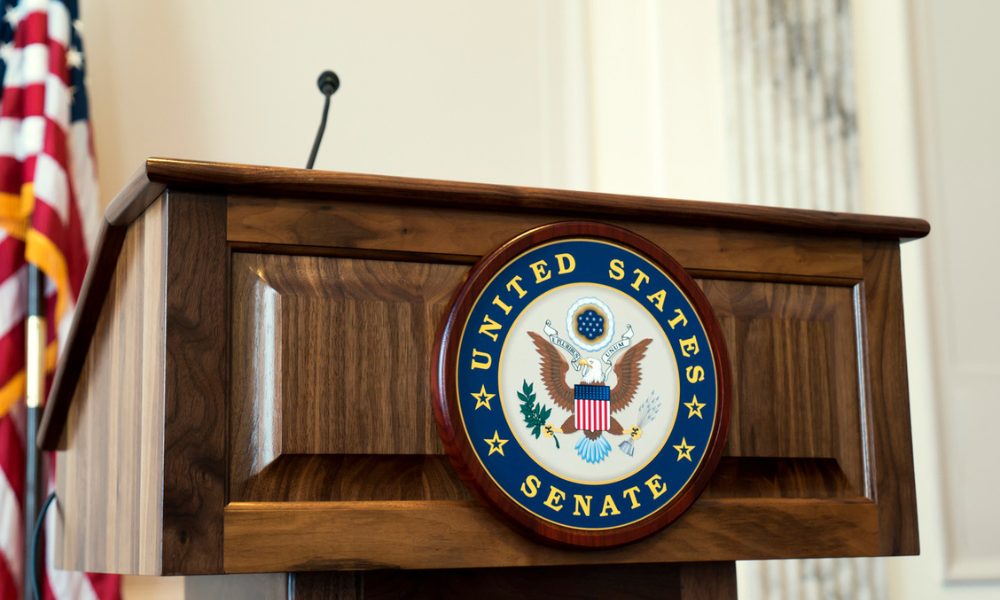Document processes within the court system are slowing the legal industry’s ability to adopt a more efficient and paperless approach to legal work, according to leading lawyer.
Document processes within the court system are slowing the legal industry’s ability to adopt a more efficient and paperless approach to legal work, according to leading lawyer.
Michael Williams, partner at Gilbert + Tobin, said while some courts are using a paperless system, the wide adoption of electronic documents by the court will greatly improve the efficiency of the legal industry.
“If at any point of the process you’ve got a bottleneck then the efficiencies that you get at every other point are compromised. Probably the best example of the current bottleneck is really in the court. And court hearings. Because we haven’t yet made the jump, and I’m not saying this is any way critically of the courts,” he said. “What has been very helpful is in recognition of the important role a court plays in the process of working with electronic as opposed to paper documents… You don’t have to have the overhead or the time wasted to physically walk a document up to court.”
According to recent research by Nitro, the legal industry has the highest propensity to print and store documents in filing cabinets, with 44% of survey respondents from the legal industry annoyed with the human and resource waste that comes with paperwork.
Williams said that at Gilbert + Tobin, the benefits of increasingly more sophisticated software are already leading to efficiencies. Lawyers are now working on a document simultaneously, where previously work would be handled by one person at a time, meaning where workflow was once linear, it can now be approached in a parallel way.
Nitro’s survey found that 52% of respondents in the legal industry said that easy set up to help them adopt paperless solutions would be the key practical implementation of such strategies.
Williams said adopting new ways of working can be difficult to implement and suggested that even filling systems need to be consistent, or the efficiency is lost in trying to locate different pieces of information. He said the electronic way must be an easier and more efficient way of working for people to adapt.
“People will want to move to a paperless approach if there are real world advantages doing it. But where people are going to resist is where you don’t provide a way to do what you currently do in a paperless way,” he said.
Michael Williams, partner at Gilbert + Tobin, said while some courts are using a paperless system, the wide adoption of electronic documents by the court will greatly improve the efficiency of the legal industry.
“If at any point of the process you’ve got a bottleneck then the efficiencies that you get at every other point are compromised. Probably the best example of the current bottleneck is really in the court. And court hearings. Because we haven’t yet made the jump, and I’m not saying this is any way critically of the courts,” he said. “What has been very helpful is in recognition of the important role a court plays in the process of working with electronic as opposed to paper documents… You don’t have to have the overhead or the time wasted to physically walk a document up to court.”
According to recent research by Nitro, the legal industry has the highest propensity to print and store documents in filing cabinets, with 44% of survey respondents from the legal industry annoyed with the human and resource waste that comes with paperwork.
Williams said that at Gilbert + Tobin, the benefits of increasingly more sophisticated software are already leading to efficiencies. Lawyers are now working on a document simultaneously, where previously work would be handled by one person at a time, meaning where workflow was once linear, it can now be approached in a parallel way.
Nitro’s survey found that 52% of respondents in the legal industry said that easy set up to help them adopt paperless solutions would be the key practical implementation of such strategies.
Williams said adopting new ways of working can be difficult to implement and suggested that even filling systems need to be consistent, or the efficiency is lost in trying to locate different pieces of information. He said the electronic way must be an easier and more efficient way of working for people to adapt.
“People will want to move to a paperless approach if there are real world advantages doing it. But where people are going to resist is where you don’t provide a way to do what you currently do in a paperless way,” he said.







